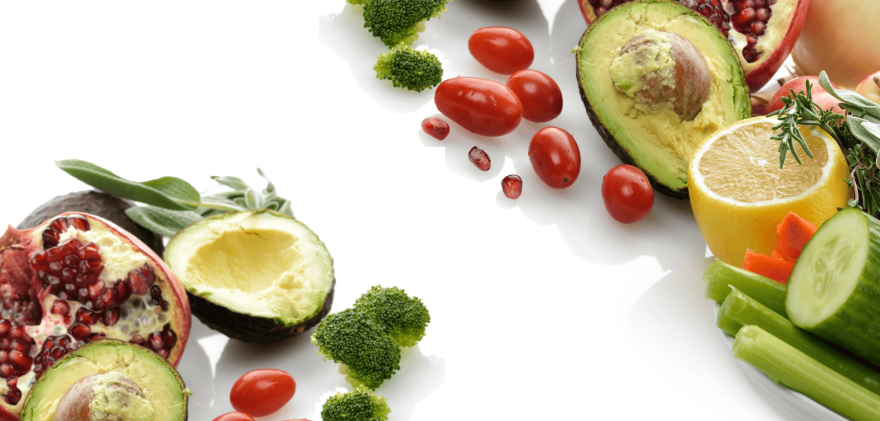
Boost your immune system and help prevent illness by incorporating fresh foods into your diet. Check out these helpful tips from the Kidney Dietitian Team at Auckland Hospital.

If you do get sick, eating well can also help you recover faster. Read on to learn how to eat to prevent illness this winter and what to watch for when buying supplements or fortified foods.
Key tips for eating to stay well this winter:
- Eat a variety of vegetables and fruits every day
- Aim for 2 servings of fruit and 5+ servings of vegetables each day.
- Buy in season to save money
- Right now parsnips, cabbage, fennel, brussels sprouts, leeks, yams and pumpkins are all in season.
- Frozen or canned fruits and vegetables are often cheaper.
- Look for products that have no added sugar or salt.
- Include other foods rich in nutrients, like nuts, seed, legumes and whole grains.
- These foods are high in dietary fibre and support a healthy gut, which is important for immunity.
- Eat regular meals to maintain your energy levels.
- Wash fresh fruits and vegetables under running water to clean off any germs.
- Drink regular fluid over the day to stay hydrated.
Talk to your doctor or dietitian if you are unsure how much fluid you can have each day.
If a food label says it helps my immunity should I buy it?
Often, it is better to choose a fresh/non-packaged food over those claiming to boost immunity. In Aotearoa, food companies can make general immunity claims on labels if products contain certain amounts of vitamins.
For example, a muesli bar label can say ‘immune-boosting’ if it contains a required level of the specified vitamins. But these bars often contain a lot of sugar and saturated fat and can cost more than fresh foods like fruit. Be careful about claims on food labels, and if you are unsure, choose fresh products.
What about supplements for winter illness?
Always talk to your doctor or dietitian before taking any supplements. Some ingredients in supplements can accumulate in the body or interact with medications, especially if your kidney function is reduced.
Supplements can also be expensive. Eating more fruits and vegetables is often cheaper and tastier. For example, high-dose Vitamin C tablets can contain 1,000mg or more, but most adults need only 45mg daily. Vegetables and fruits high in Vitamin C include broccoli, kiwifruit, red capsicum, cauliflower, cabbage, and oranges. Consider adding more of these fruits and vegetables to your diet before starting a Vitamin C supplement.
We recommend following the 5 tips above to improve your immunity, rather than buying supplements or fortified food products.